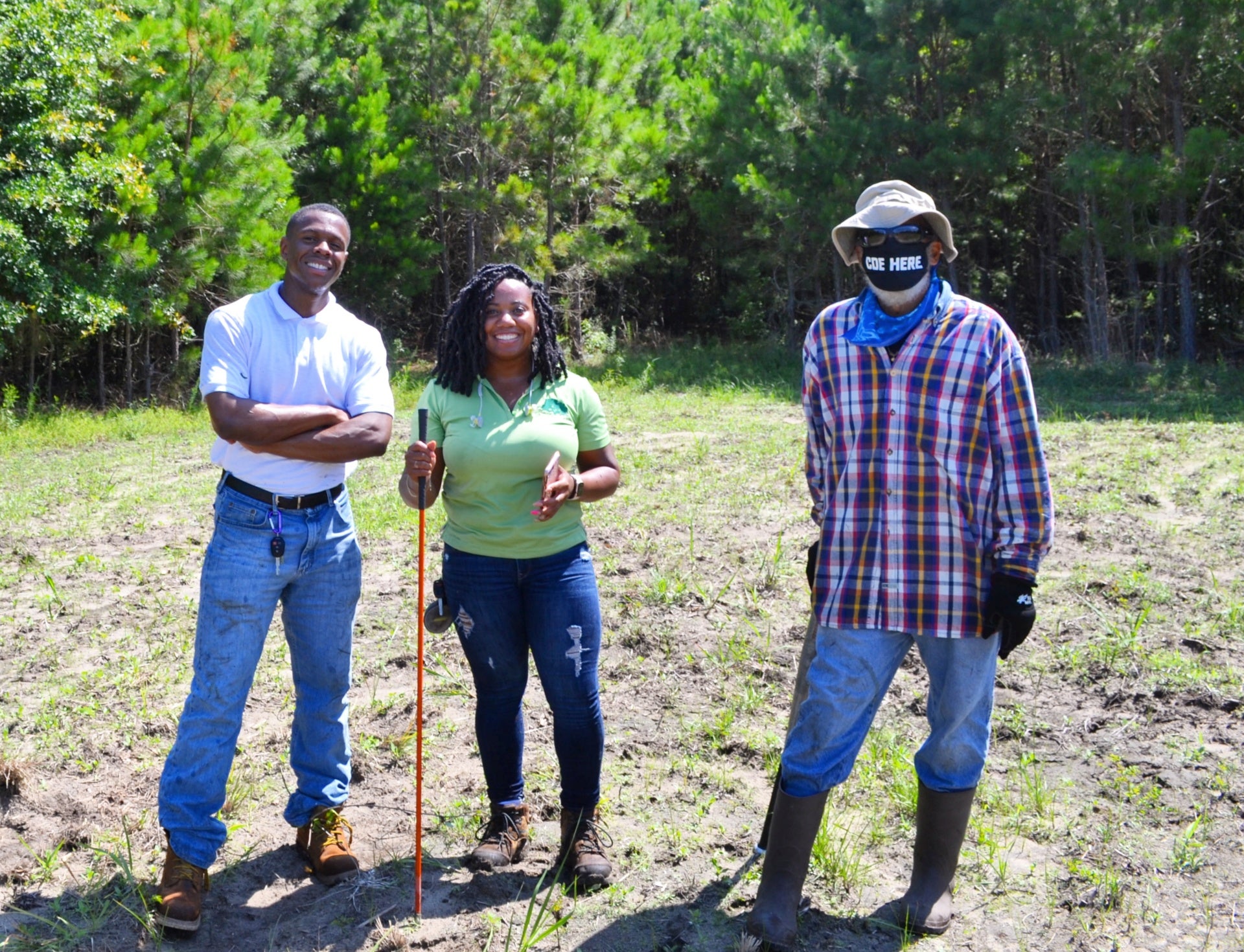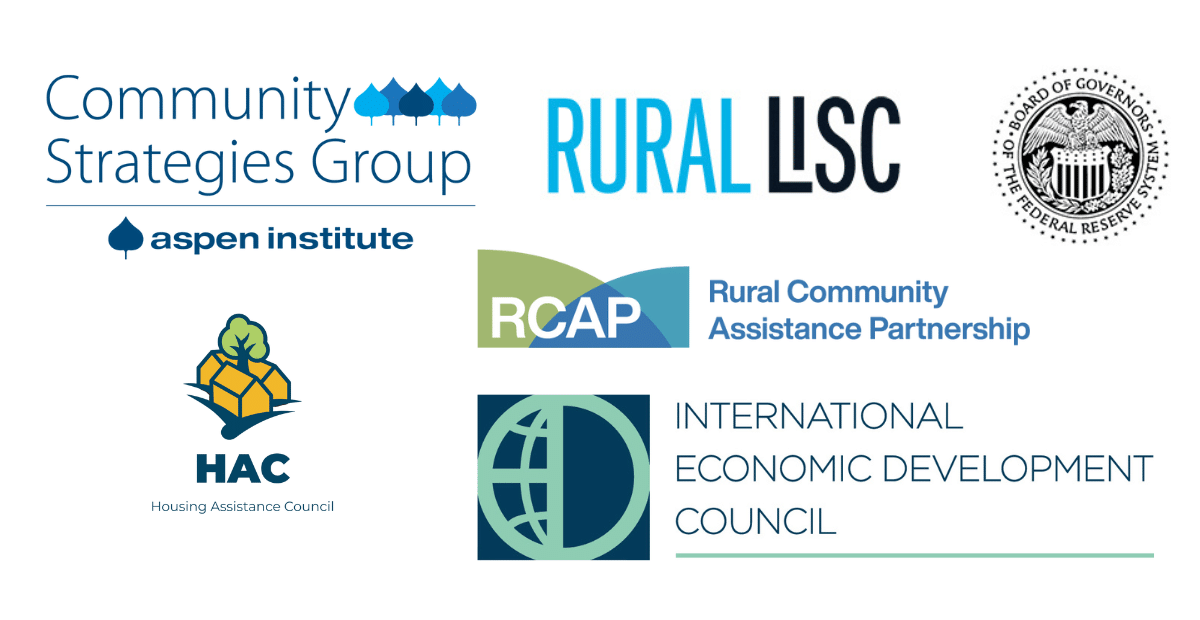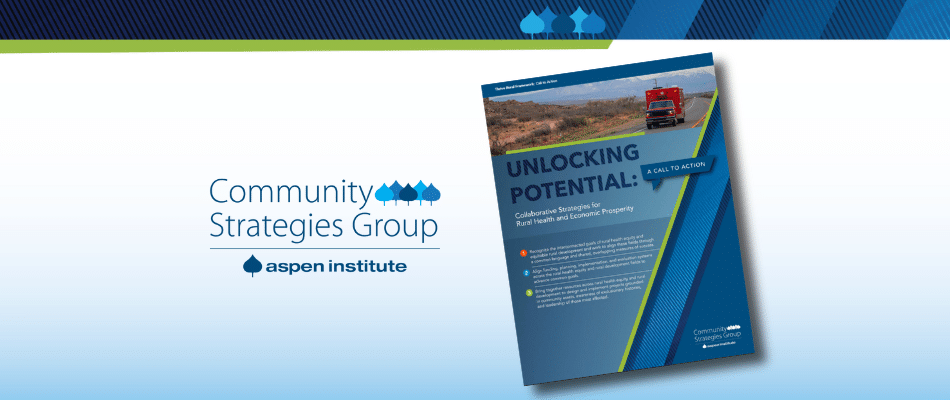The YouTube link above is a playlist – it has nine videos that cover all the different sessions of this event. You can access the other videos by clicking on the box at the very top right-hand side of the current video. Enjoy!
Download the Agenda: ALL LAND IS NOT CREATING EQUAL AGENDA
Download the Photobook: ALL LAND PANELIST PHOTOBOOK
Download the Presentation: ALL LAND OVERVIEW PPT FINAL
Download the FAQ: FOR DISTRIBUTION- FAQ QUESTIONS AND RESPONSES – FINAL
When it comes to the roots of wealth inequality in the United States, what is the “worst problem you never heard of”? For many, that answer is a confounding phenomenon called “heirs’ property” or “fractionated land.”
Heirs’ property is land that has been passed down through generations without a will – creating shared ownership among many descendants. Over time, unless title to the land is cleared and land rights secured, the opportunity for those owners to use their land for economic benefit is limited. As a result, underserved vulnerable landowners throughout the country – especially, women, indigenous people, Black Americans and the poor – have involuntarily lost their family property through contested claims, unaffordable high transaction costs, forced sales to speculators, and outright fraud. Black families alone, researchers estimate, have lost hundreds of billions of dollars in such land value over the last century. And the U.S. Department of Agriculture considers Heirs’ Property the “leading cause of Black involuntary land loss.”
Fifteen years ago, most considered this complex problem intractable. In contrast, the Center for Heirs’ Property Preservation saw opportunity. The Center’s process has since helped families clear more than 200 titles, and its partnerships have fostered a landowner movement that is unleashing cultural and natural resources to build family and community wealth and ecological restoration in marginalized communities. Efforts alongside the Center – work in Native nations, among investors and researchers, and in state legislatures – are now likewise growing to secure family land ownership rights, stimulate economic growth and increase regional resilience.
In celebration of the Center’s 15th anniversary – and the 35th anniversary of the Aspen Institute Community Strategies Group, which helped spark the Center’s start-up – we invite you to learn about the role of land in wealth inequality, about heirs’ property and fractionated land, and about strategies and policies that can address this issue to build rural regions and urban communities that are more inclusive and resilient. Join us for any or all of these insightful-and-action-provoking sessions!
Agenda
Plenary 1:00 – 3:00 p.m. ET
Learn the context of heirs’ property and the Center’s work through plenary conversations and video presentations.
Our Master of Ceremonies
Melvin Oliver, President of Pitzer College
Plenary Speakers (In Order of Appearance)
Janet Topolsky, Executive Director, Aspen Institute Community Strategies Group
Jennie Stephens, CEO, Center for Heirs’ Property Preservation
Thomas Mitchell, Professor, Texas A&M Law School
Lizzie Presser, Journalist at ProPublica
Faith River James, Professor at The Citadel
Cassandra Johnson Gaither, Research Social Scientist and Project Leader, US Forest Service Southern Research Station
Darrin Goss, Sr., President & CEO of Coastal Community Foundation
Ann English, State Conservationist, SC Natural Resources Conservation
Kelli Terry, Senior Program Officer, Surdna Foundation
Jim Porter, President, Business Development and Latin America, WestRock
Kristopher Pickler, Board Member, Land Trust Alliance
Dan Porterfield, President and CEO, Aspen Institute
Breakout Discussions: 3:30 – 5:30 p.m. ET
Two back-to-back breakout sessions to explore topics that interest you.
Breakout Speakers (In Alphabetical Order)
Ebonie Alexander, Executive Director, Black Family Land Trust
Melanie Allen, Co-Director, Hive Fund for Climate and Gender Justice
Henry English, Head of the Small Farm Program, University of Arkansas at Pine Bluff
Mavis Gragg, Facilitator/Speaker, Director of Sustainable Forestry and African American Land Retention Program, American Forest Foundation
Octavia Howell, Associate Manager, The Pew Charitable Trusts
John Littles, Executive Director, McIntosh S.E.E.D.
Tom Martin, President and CEO, American Forest Foundation
Bernie Mazyck, President and CEO, SCACED, Center Board Member, SC Landowner, Woodlands Community Advocate
Karama Neal, President, Southern Bancorp Community Partners & Founder, Heirs of Arkansas
Alton Perry, Director, Roanoke Electric Sustainable Forestry and African American Land Retention, SFLR
Network Co-Chair
Toni Stanger-McLaughlin, Senior Program Director, Native American Agriculture Fund
Betsey Taylor, Executive Director, Livelihoods Knowledge Exchange Network
Dale Threatt-Taylor, Executive Director, The Nature Conservancy, SC Chapter
Josh Walden, Chief Operating Officer & Lawyer, Center for Heirs’ Property Preservation
Special Event 6:00 – 7:00 p.m. ET
Screening of America’s Forests with Chuck Leavell of the Rolling Stones, featuring the Center for Heirs’ Property Preservation.
Special Guests
Chuck Leavell, Tree farm conservationist, Musician, and host of American Forests with Chuck Leavell
Yvonne Knight-Carter, SC Landowner and Center for Heirs’ Property Preservation Board Chair






